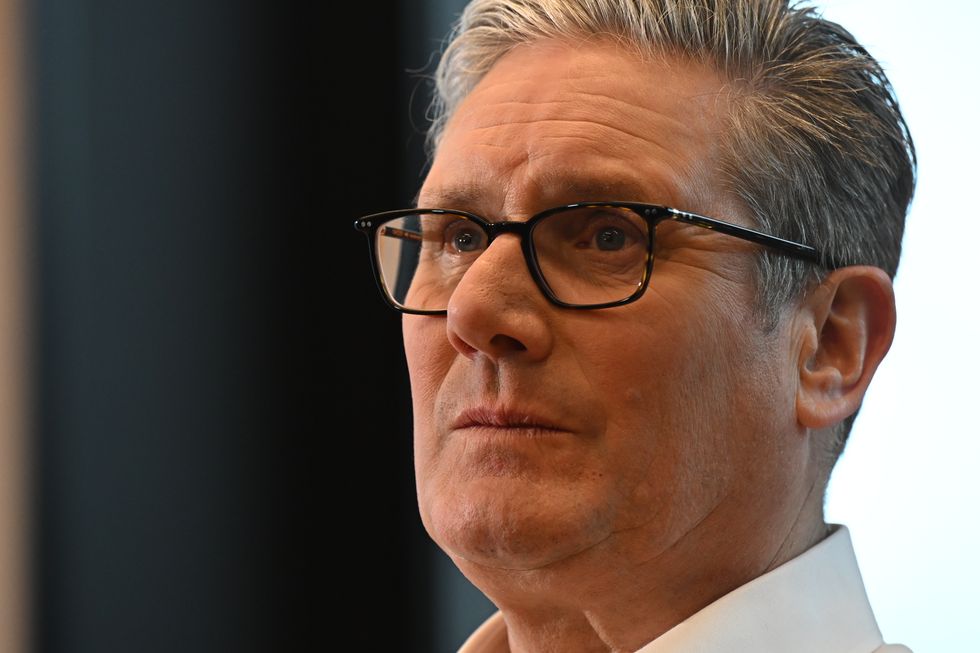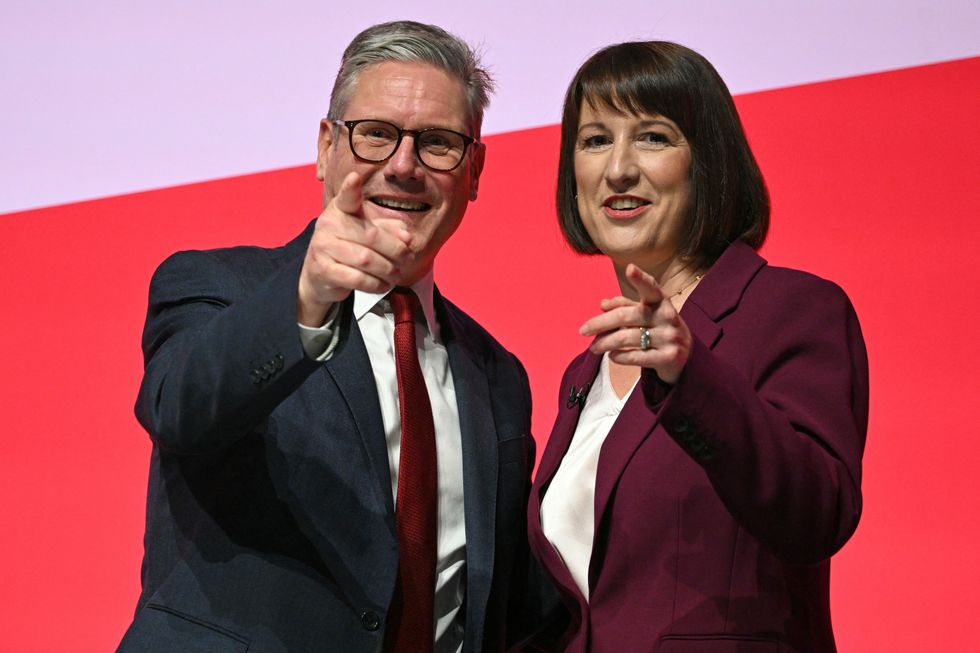The relationship of Prime Minister and Chancellor is always crucial to the success of a government. The state of the economy is usually the most important issue for voters, who naturally want to know their jobs are safe, their living standards will go up, and their children can get employment and a home when they need them. That is why this government rightly made the economy its overriding concern. It first pledged the fastest growing economy in the G7 as the means to take care of the need for more tax revenue to boost public services and to ensure rising living standards. Now they have morphed the purpose into the more directly important target of boosting everyone’s spending power through rising real incomes over the Parliament.
Sir Keir Starmer will be well aware of the heavy defeat for Gordon Brown when on his watch the banking crash led to the great recession and much misery for many. Sir Keir was able to exploit disagreements between Boris Johnson and Rishi Sunak about the economic damage done by the lockdowns and the Treasury response and to cash in on the effects inflation had on voters in 2022-3 leading to his landslide victory. In the 1970s gross economic mismanagement by the Labour government meant only five years in office followed by a long period out of power. All this shows that it is essential to success that the Chancellor gets the economy right.

Keir Starmer has wrongly trusted Rachel Reeves’ economic strategy.
Getty Images
The Prime Minister’s problem is he has so far trusted the Chancellor’s strategy to grow the economy and to raise taxes to boost the public sector, only to see it miscarry badly. Excessive use of the Chancellor’s power to tax people, to borrow more and to lavish spending on favoured interests can be bad economics and even worse politics. Indeed there is no conflict between the two. Good economic policies make other choices in government easier, yielding more tax revenue and less cost from economic failure. Bad economic policies mean less tax revenue, more people on benefit, more need to tax and more need to cut spending as the deficit surges. Bad economic policies like the present one can create a doom loop, where austerity measures make a flagging economy worse.
The Chancellor’s policy of talking down the economy to justify a major tax raid on businesses large and small, a death tax on enterprise, an ending of pensioner fuel payments and a large tax on jobs has undermined confidence. It has slowed the economy to a halt, pushed up inflation and made many people feel miserable about the future. Instead of bathing voters in hope and enthusiasm for 2025 by showing some Christmas generosity to the strivers , savers and investors, the Chancellor has played the Grinch all too well.
The Prime Minister can be forgiven for any private thoughts he may be having about the suitability of the Chancellor for the job. Whenever he wants to be positive or get out some good news of changes the government is making he is pulled back to defending so many tax rises that have angered all too many voters. Each time a new statistic is published about growth or inflation there is need to have some explanation of why they are both heading in the wrong direction. There are too many news stories of factory closures and job losses, from steel to cars. The longer term interest rates have now soared above the level in October 2022 when Keir Starmer and Rachel Reeves together accused the Conservatives of crashing the economy with their higher interest rates. They should now be accusing themselves of organising a worse crash. In the New Year we will be seeing more retrenchment by companies, especially those in retail, leisure and hospitality where employment costs are high and the tax on jobs particularly onerous.

The Prime Minister must have a serious conversation with the Chancellor about her economic strategy.
Getty Images
So what can the Prime Minister do? He needs a serious conversation with his Chancellor to warn her that her policies are damaging the economy. Their unpopularity is pulling down the popularity of the government and himself and leading to Council by election losses for Labour candidates. He needs to remind her that high taxes on jobs leads to less employment and less investment. He needs to stress that before dishing out large sums to public sector interests she needs to ensure there will be value for the money spent and things will get better where money is meant to lead to improvement.
The Bank of England now says there will be no growth in the final quarter of 2024, a big contrast with the 0.7% growth in the first quarter of this year. They warn of rising inflation, where government and regulator decisions on the prices of energy, water, rail fares and much else are all cutting into people’s living standards. The country wanted change. The Prime Minister is now in desperate need of change from his Chancellor. If she cannot deliver confidence, growth and lower inflation then he needs to change the Chancellor.